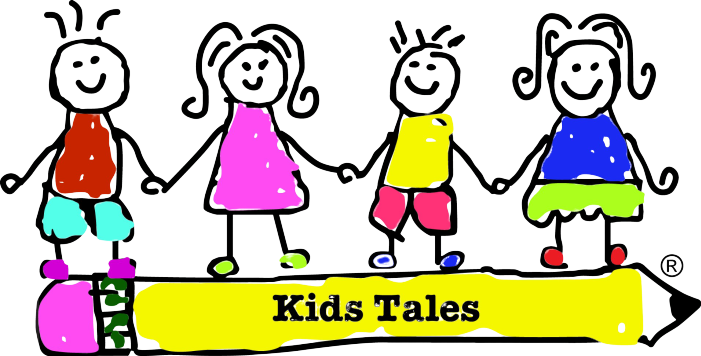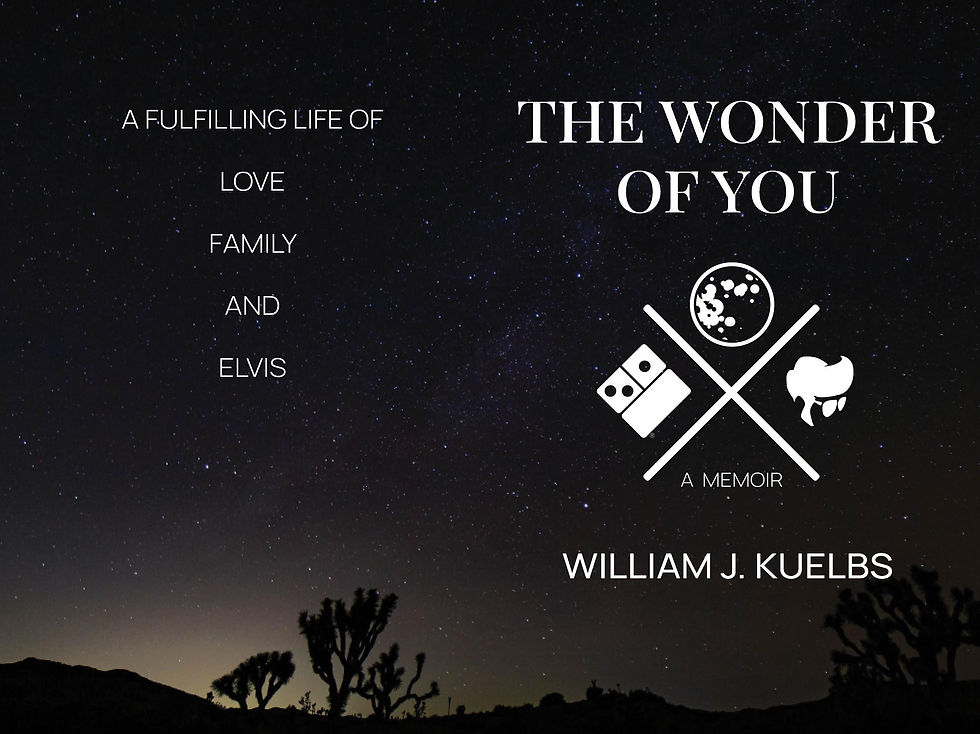Last Writers
- Jul 17, 2020
- 2 min read
Updated: Jul 30, 2020
When I consider my future, I often envision a scene from Sylvia Plath’s The Bell Jar. In it, a young wayward protagonist views all the possibilities of her life as ripening figs on a tree, where “choosing one would mean giving up all the rest”. Each option renders her paralyzed, unable to choose one in lieu of another, and so she starves, surrounded in abundance.

During college, I picked up many interests. I wanted to study medicine and become a physician. I wanted to continue with academia as an educator. And I wanted to tell stories, whether it was through short stories, novels, screenplays. These were my figs, and I juggled them desperately, trying to keep all of them within reach before they rotted and fell past my grasp.
Last Fall, two branches grew into one. I had been serving as a nonprofit leader for Kids Tales, a writing group for under-served youth, and my experiences there had introduced me to the world of self-published novels. At the same time, I desired to expand my healthcare repertoire past emergency medicine and psychiatric patients. My eyes settled on hospice care, and from there, an idea was born. This was my pitch; I would work with end-of-life patients and their families to hold interviews and tell stories. At the end, these would be compiled and published into a “living memoir”; a memento for a life well lived.

My first encounters were unforgettable. I shook hands that had conquered sands in Normandy, held signs in Birmingham, clapped at the launches of Apollo. Even after flying halfway across the world to kick off my Spring study abroad, the stories stayed with me. After countless delays (dang global pandemic), the memoir of my first patient - Bill - was published and in print.

I shared my progress with a professor at UT Dallas - I explained what I had done, and asked if we could pilot a program to connect other students with hospice programs. I was expecting a lukewarm response. Instead, she asked me if I wanted to teach a class based on this concept, one that would explore grief, end-of-life care, and narrative storytelling. The third branch fused into the others in front of my very eyes.
This Fall, I will be teaching the first iteration of the “Last Writers” program, where I will guide students on the same journey that I went on. I hope to see many more memoirs by the end of this semester. At the same time, I plan to adapt this concept into a nonprofit (already snagged a domain name), so that I can distribute it to universities across the nation. I am already considering new figs to add on top of medicine, education, and the humanities. May we never stop hungering.
Take that, Sylvia Plath. And thanks.
-- Yilong Peng ‘17

If you’d like to support Kids’ Tales, you can find more information on their website here.



Comments